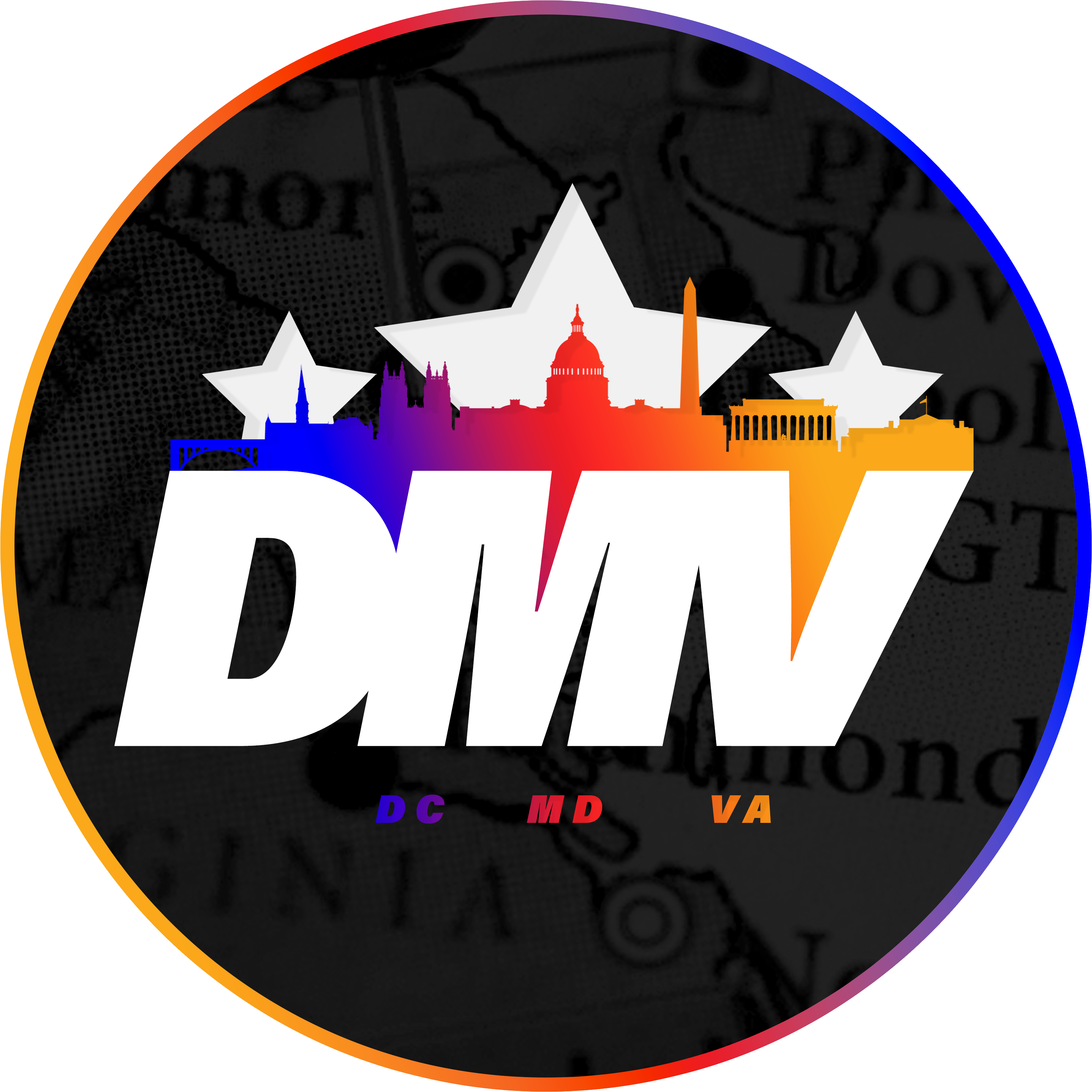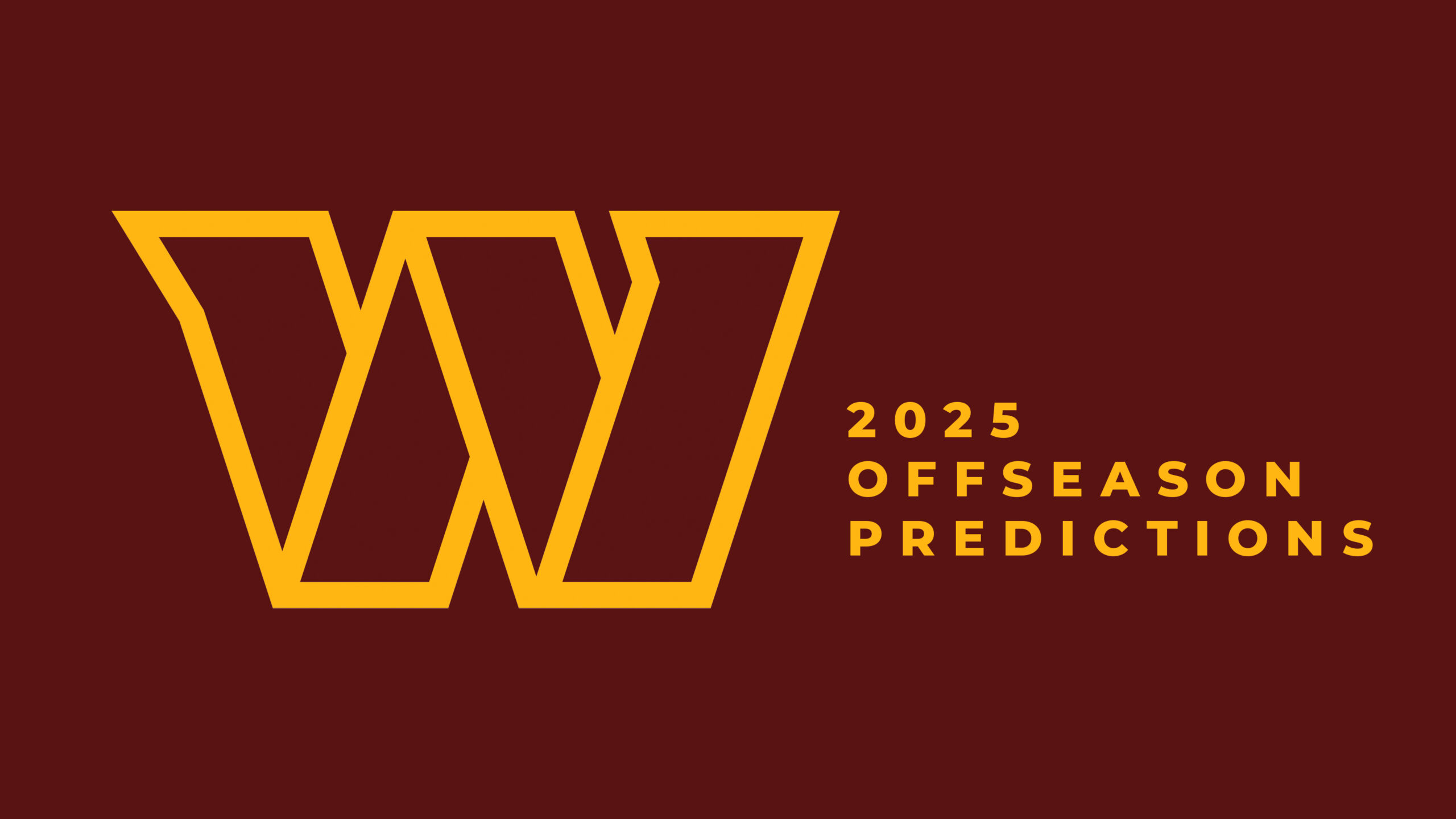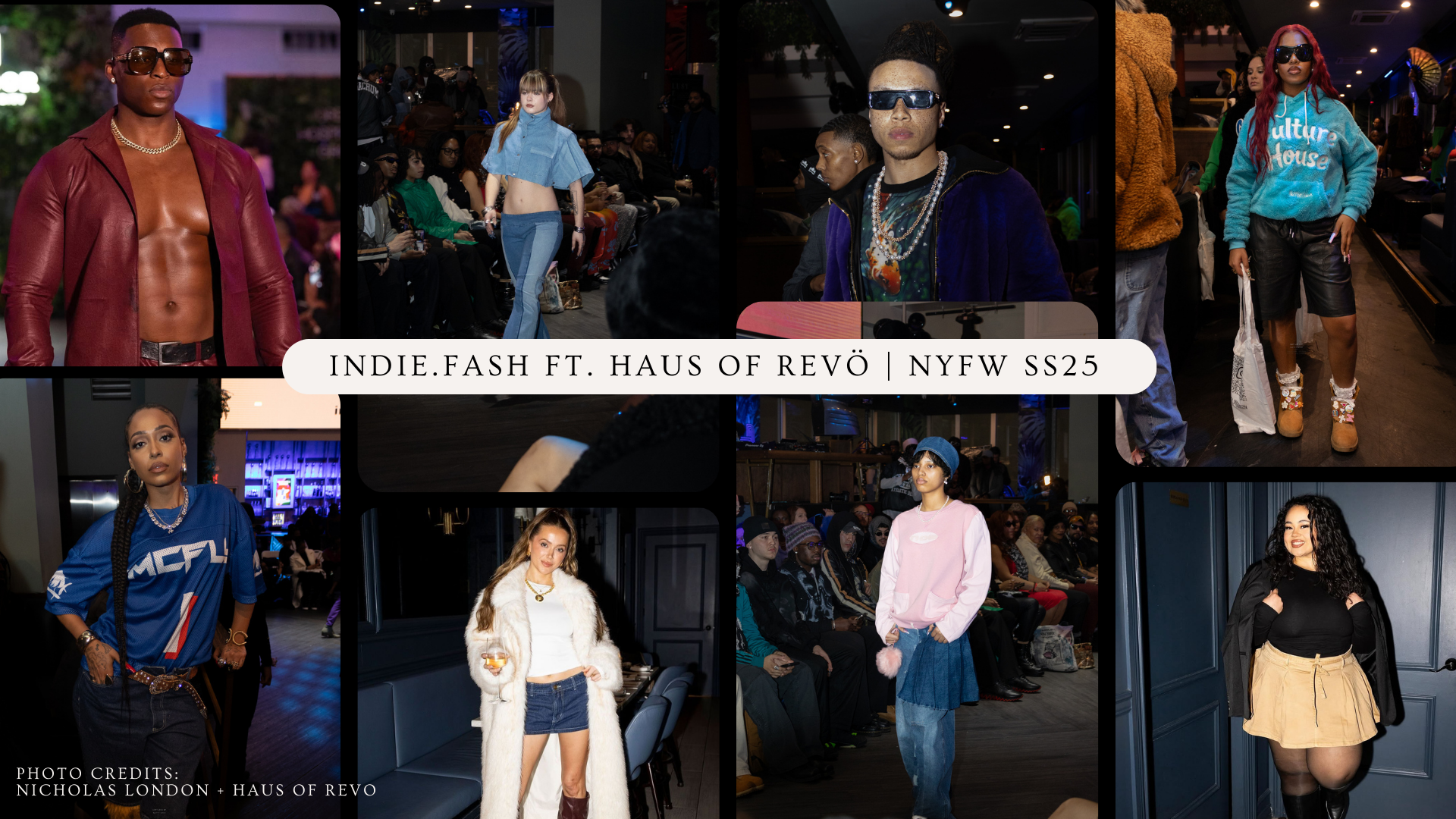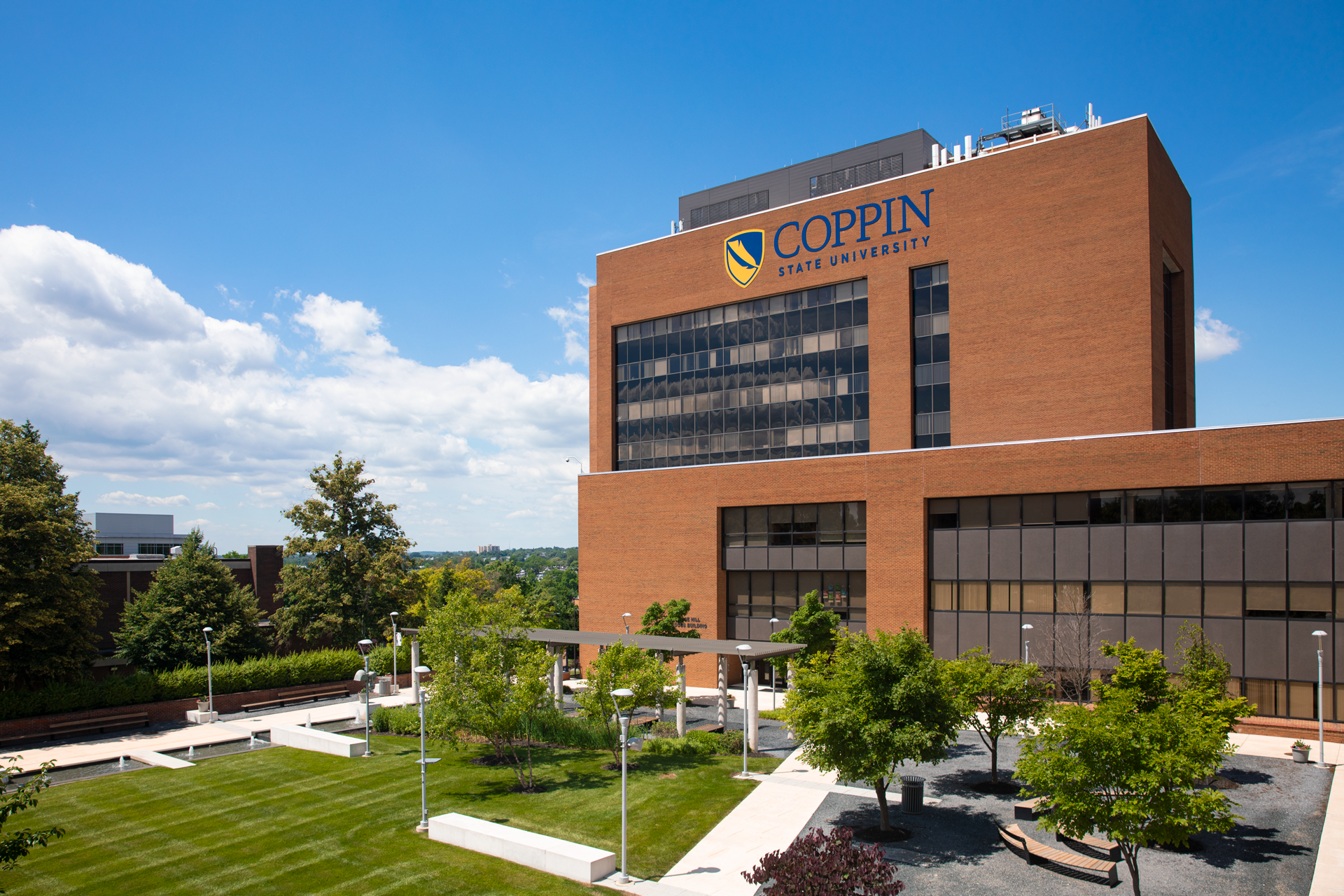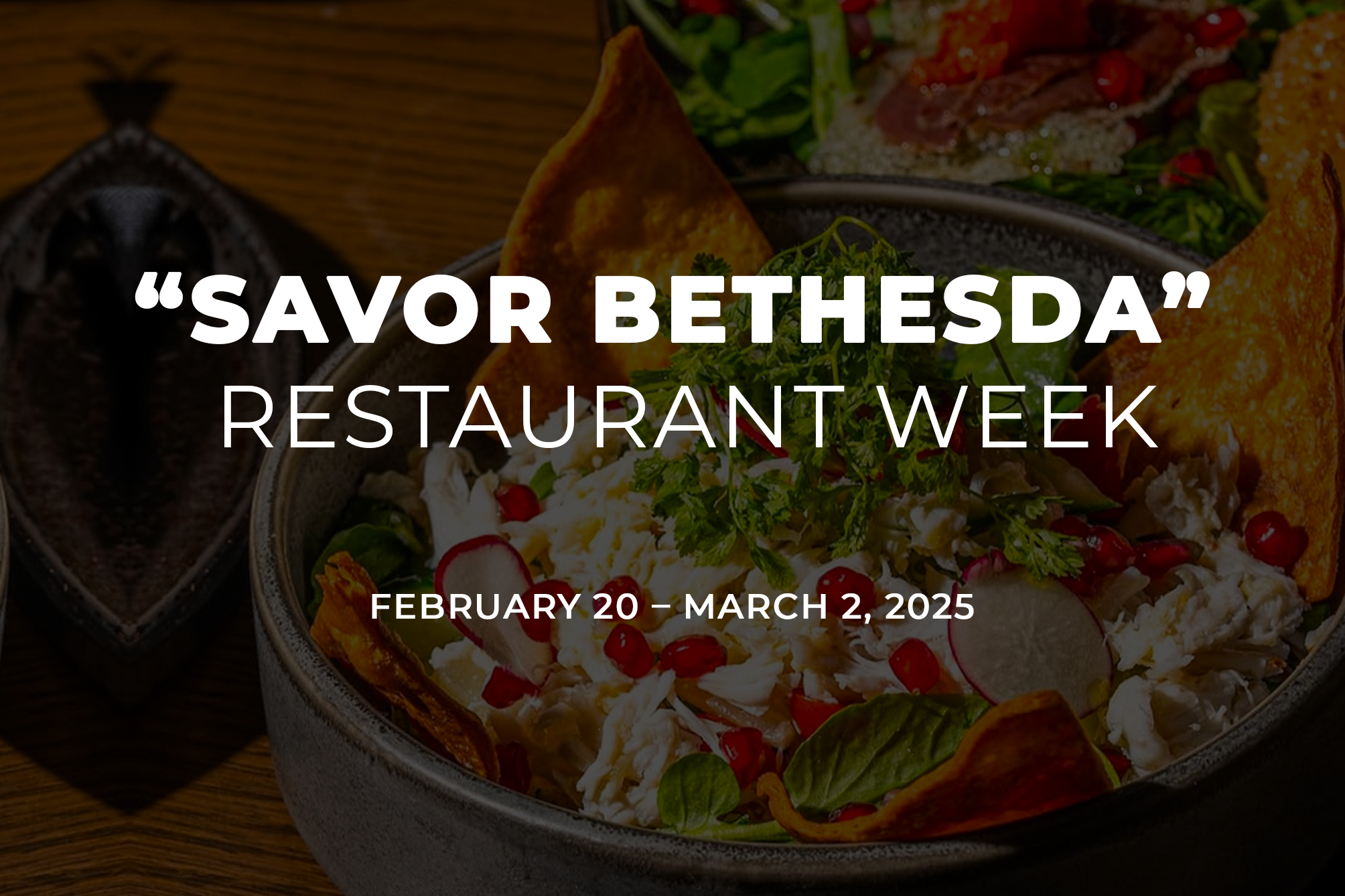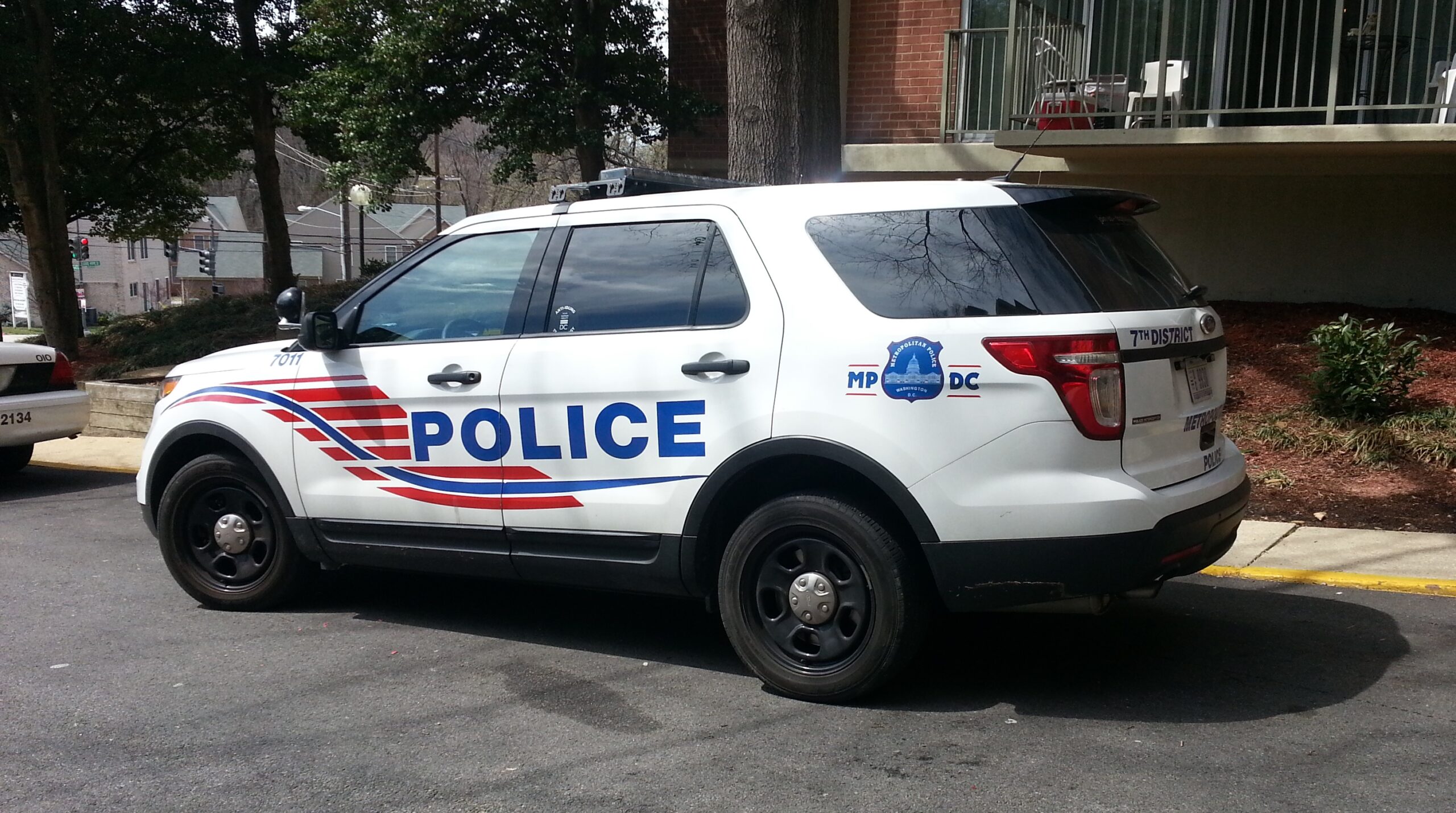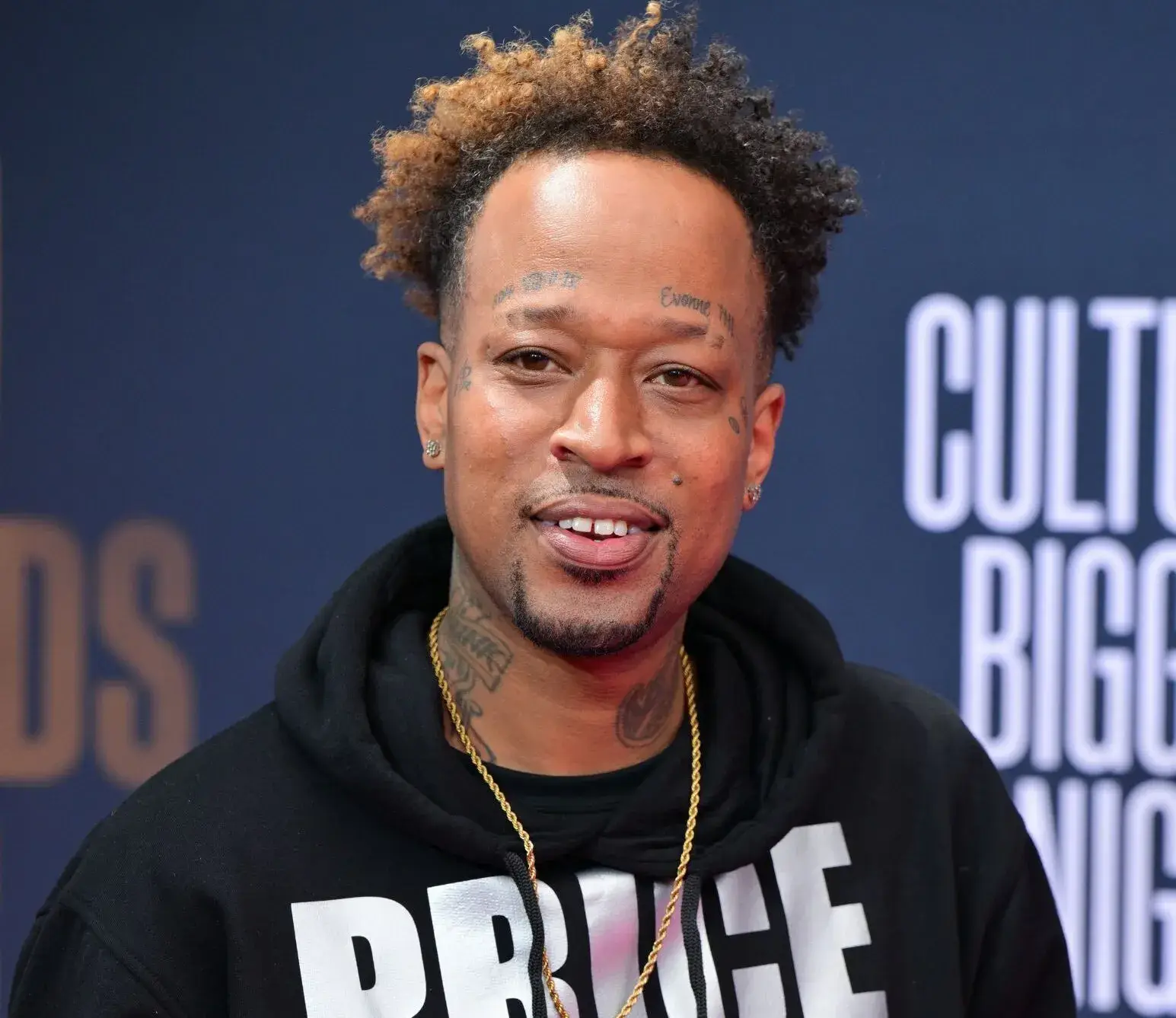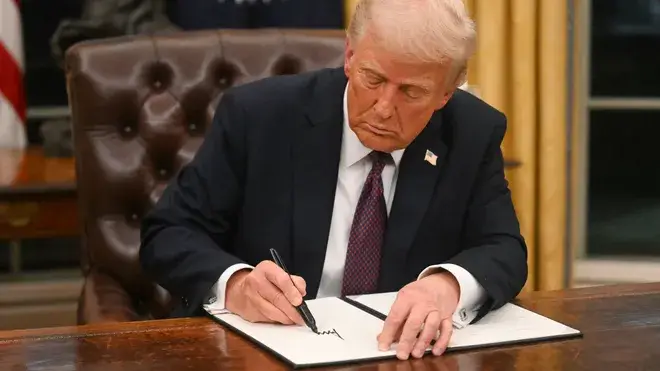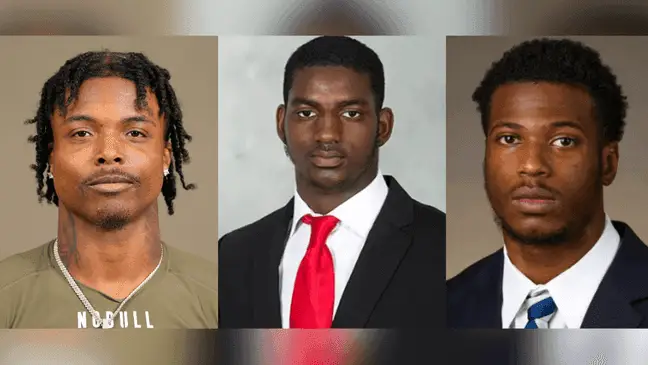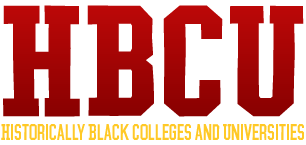
College Basketball: HBCU vs. Power 5
There has been a lot of talk and some action about top basketball recruits going to Historically Black Colleges & Universities (HBCUs). Last week, Makur Maker, a talented 19-year-old high school basketball player, announced via Twitter that he would attend Howard University, one of the nation’s preeminent universities and the citadel of historically Black colleges and universities.
In response to Maker’s actions, NBA Center DeMarcus Cousins had a message for five-star recruit Mikey Williams.
“I basically sent him a message saying, ‘You got a chance to change sports as a whole. Start a trend that should’ve already happened,'” Cousins said. “Looking back on it now, I wish I’d had that opportunity to do it the right way, in my opinion. The attention and the energy that a kid like Mikey could take to any HBCU like I said, could change the face of college sports.”
We’ve seen America fall in love with the talented players that end up at mid-major colleges.
- Ja Morant at Murray State
- Damian Lillard at Weber State
- Stephen Curry at Davidson
- CJ McCollum at Lehigh
The list goes on and on! The hype around these players was unheard of. Now think about bringing all that attention (and obviously money) to an HBCU.
Due to a lack of athletic funds, HBCUs frequently play most (if not all) of their non-conference games on the road. Yes, they receive huge checks from likes of Duke, Kentucky, and Kansas, but their win-loss records are abysmal and leave them with no margin for error within their conference.
Just imagine if LaMelo Ball decided to play one year of college basketball at Morgan State University. We’d see Morgan State on national television regularly. Television companies would be bidding millions of dollars to broadcast games featuring LaMelo Ball. I understand that the television money will go to the athletic conference instead of directly to the school. However, the impact of a high profile player still produces a significant boost in revenue.
I am a firm believer in keeping black money in the black community. If a top recruit plays at an HBCU for one year, that will financially help the school for years to come outside of athletics. Better financial aid programs, more student support services, and of course, persuade more young black men and women to attend an HBCU over a PWI.
